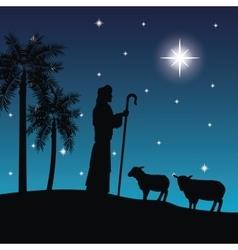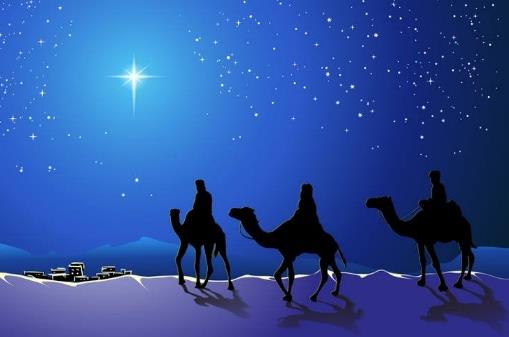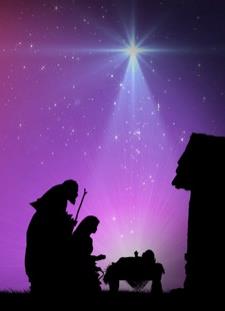The Word Became Flesh

Christmas falls on Sunday every seven years, which, for many of us Lutherans, means that once every seven years we have church on Christmas morning. I’m not sure why the emphasis has fallen on Christmas Eve for us. Perhaps it has something to do with the German heritage of many of us. The German word for Christmas is Weinachten. Wikipedia tells me that the word, as it comes to us, is in dative form, meaning “in the holy nights” (weihen means hallow, Nacht is night). Weinachten is plural (thought it’s usually used with a singular verb), and it has come to mean “the days and nights of Christmas.” Though the word denotes the Christmas season, its root is clearly nocturnal. This should not surprise us: the Christmas stories imply that Jesus was born at night. Angels appear to the shepherds as they watch their flocks by night in Luke 2, and the magi follow a star in the night sky to the place in Bethlehem where they find the Christ child and Mary in Matthew 2.

The symbolism of Christmas certainly goes well with a night time observance. In the Roman world, Christmas replaced the festival of Saturnalia. This pagan holiday was a celebration of the winter solstice, the longest day of the year, after which the nights grow shorter, the days grow longer, and light returns. According to John 1:11, Jesus is “the true light, which enlightens everyone.” The early church saw Christ as the fulfillment of Isaiah 9:2 – “The people who walked his darkness have seen a great light; those who lived in a land of deep darkness – on them light has shined.” Thus, “silent night” has become our image of Christmas. Candles burning brightly in the darkness signify Christ’s coming into the world.
According to John 1:11, Jesus is “the true light, which enlightens everyone.” The early church saw Christ as the fulfillment of Isaiah 9:2 – “The people who walked his darkness have seen a great light; those who lived in a land of deep darkness – on them light has shined.” Thus, “silent night” has become our image of Christmas. Candles burning brightly in the darkness signify Christ’s coming into the world.

In light of this (pardon the pun!), Luke 2, which relates the journey of the Holy Family to Bethlehem, the lack of accommodations in the city of David, the birth of Jesus, his repose in the manger, the appearance of angels to the shepherds, and the adoration of the shepherds, has been the traditional gospel reading for our Christmas (Eve) observance, reflecting Noel’s nocturnal nature. When we do celebrate Christmas Day liturgically, as we do each time the Nativity falls on Sunday, our reading is the prologue to the fourth gospel, John 1:1-14 (“In the beginning was the Word, and the Word was with God, and the Word was God …”). While Luke concentrates on the earthly aspects of the incarnation, John waxes poetic and theological.
These two approaches to “God with us” complement each other, and that is my way of saying, you won’t get the same sermon on Christmas Eve and Christmas morning. Join us for either, or join us for both as we celebrate the arrival of our new born king. Have a blessed Christmas!
In Jesus’ name,

Pastor Robert M. Mountenay
Site designed and developed by The SPI Group.
